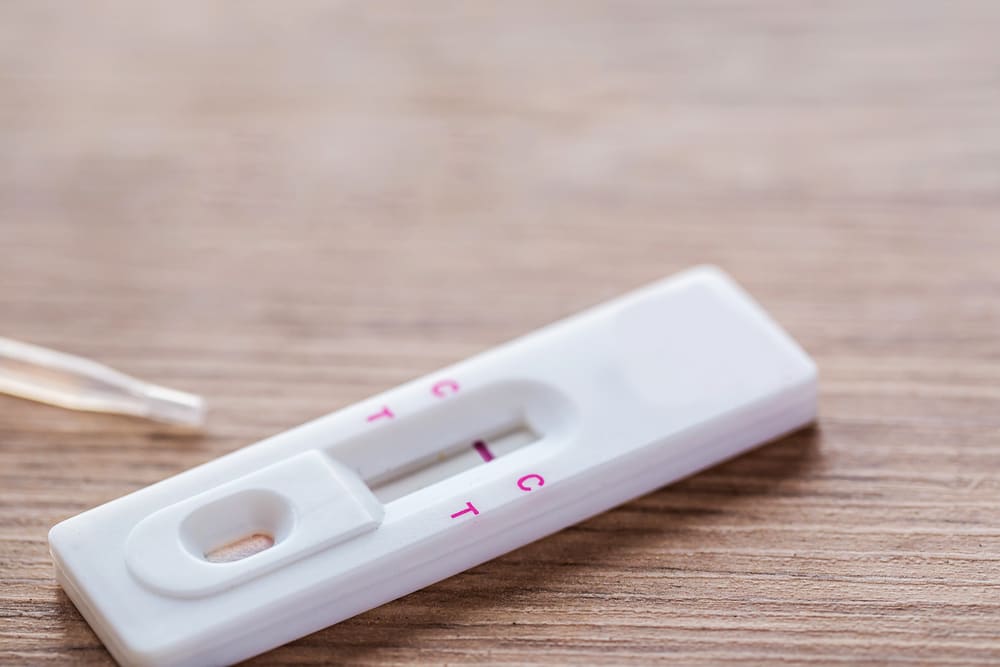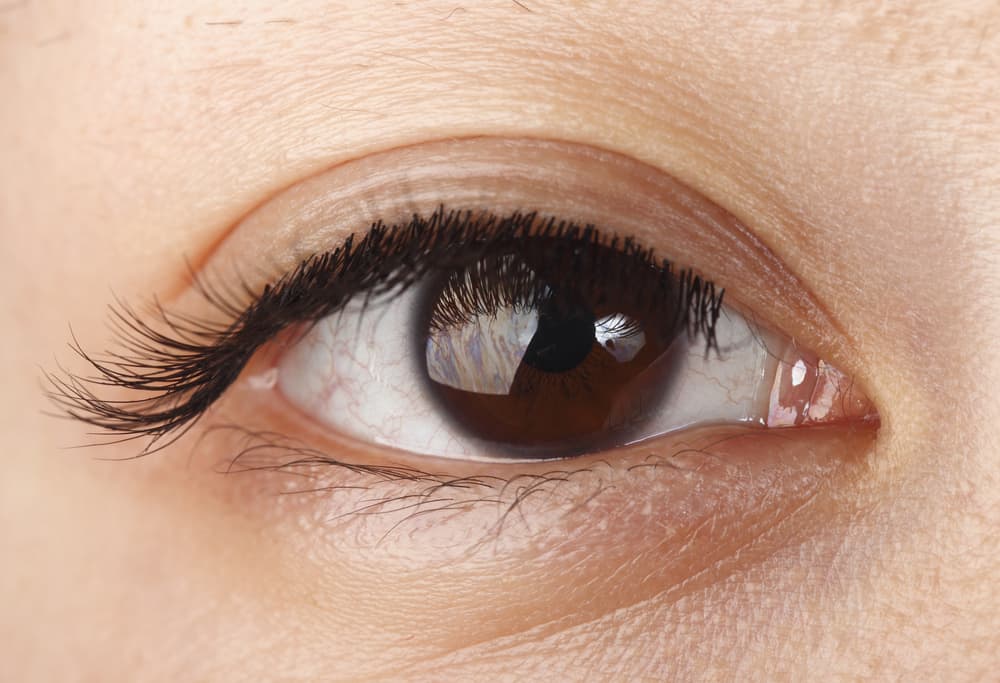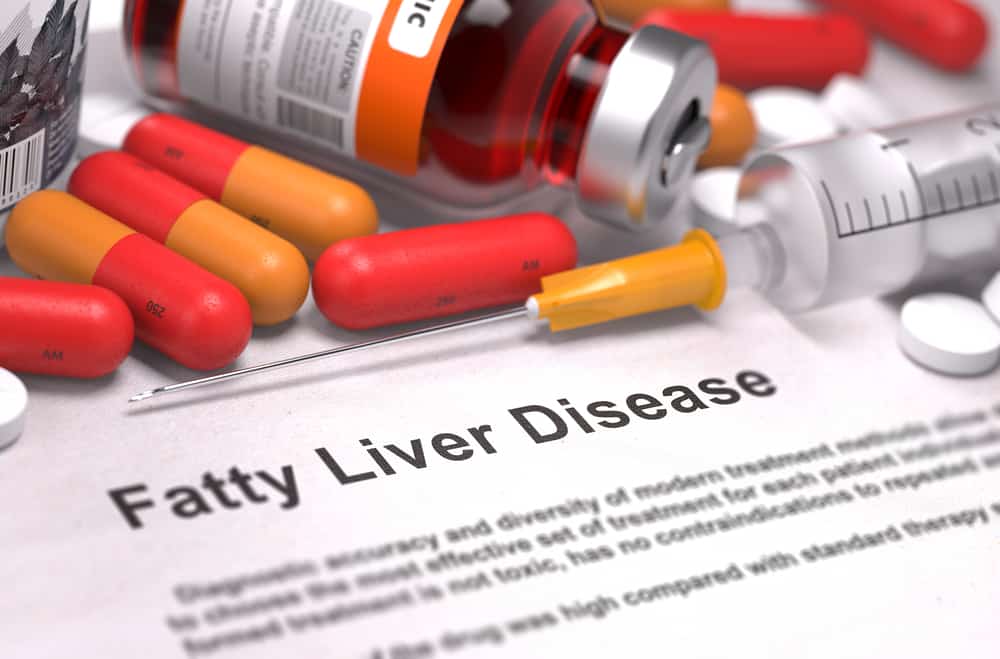Contents:
- Medical Video: How to control stress to get pregnant |Marc Sklar, The Fertility Expert |
- Is stress related to fertility?
- Then, how to reduce stress?
- 1. Turn back warmth with your partner
- 2. Improve yourself
- 3. Exercise
- 4. Acupuncture and massage
Medical Video: How to control stress to get pregnant |Marc Sklar, The Fertility Expert |
A study found that high levels of stress in a person can actually affect fertility and increase the risk of infertility.
Is stress related to fertility?
In this study, the researchers looked at about 373 couples and focused on women who were trying to get pregnant, aged between 18-40 years for 12 months or until they were pregnant.
The participants of this study were not known to have fertility disorders and had just started their business to have a baby for less than 2 months. The researchers took samples of saliva at the beginning of the study and immediately after menstruation began to measure levels of stress hormones, the hormone cortisol, and alpha amylase.
As a result, researchers found that women who had high alpha amylase levels (stress hormones associated with the sympathetic nervous system) were less likely to get pregnant (28% lower) and had a risk of sterility 2 times higher. However, the researchers found no association between cortisol hormone levels and pregnancy.
Researchers also did not find the reason why this stress hormone is related to a person's fertility, even though they managed to find two mechanisms that might be the cause. First, women who are stressed usually have less sex. Secondly, very high levels of stress hormones can also interfere with a woman's ovulation process.
Further research is still needed to find out exactly what the actual mechanisms that cause stress can interfere with one's fertility and whether reducing stress can help speed up one's pregnancy.
Then, how to reduce stress?
1. Turn back warmth with your partner
According to psychologist Julia Woodward, warmth in a household can improve the quality of sex, don't feel embarrassed to go back on a date like a couple who are dating.
Go to a movie together, eat out, or have a picnic together. Don't spend a lot of time talking about fertility problems because it will make matters worse.
The researchers say that women deal with stress related to the fertile period different from men. When men rely on problem solving, women need social support from their partners.
2. Improve yourself
It is undeniable if the husband and wife think that "Everyone can get pregnant easily," unfortunately this thought actually creates its own stress. Julia Woodward invites women to fight these negative thoughts by thinking "If getting pregnant is easy, why are there so many fertility clinics?" As much as possible avoid pessimistic thoughts that arise in themselves to keep you from stress.
3. Exercise
Mild exercise such as walking, swimming or yoga can help reduce stress. In addition, exercise also has other benefits, namely reducing the amount of fat in the body. Women who have more weight produce more estrogen, estrogen alone can interfere with the ovulation process.
Higher levels of exercise such as jogging can make the body release endorphins that have a good effect on women. However, it should be noted that exercise that is too excessive for women with high stress levels will only make the situation worse, still maintain a good intensity of exercise.
4. Acupuncture and massage
Research conducted in Germany in women undergoing IVF shows that women undergoing acupuncture therapy have a higher pregnancy rate. Although it is not known exactly whether acupuncture relieves stress, this study shows that acupuncture helps these women in trying to get pregnant.
In addition, massage therapy is also recommended to deal with stress. Although it is not known whether this therapy has a direct effect on the success of pregnancy, it was reported from a study published onJournal of Neurosciencemassage therapy helps reduce stress. These effects are then expected to increase the likelihood of pregnancy.












